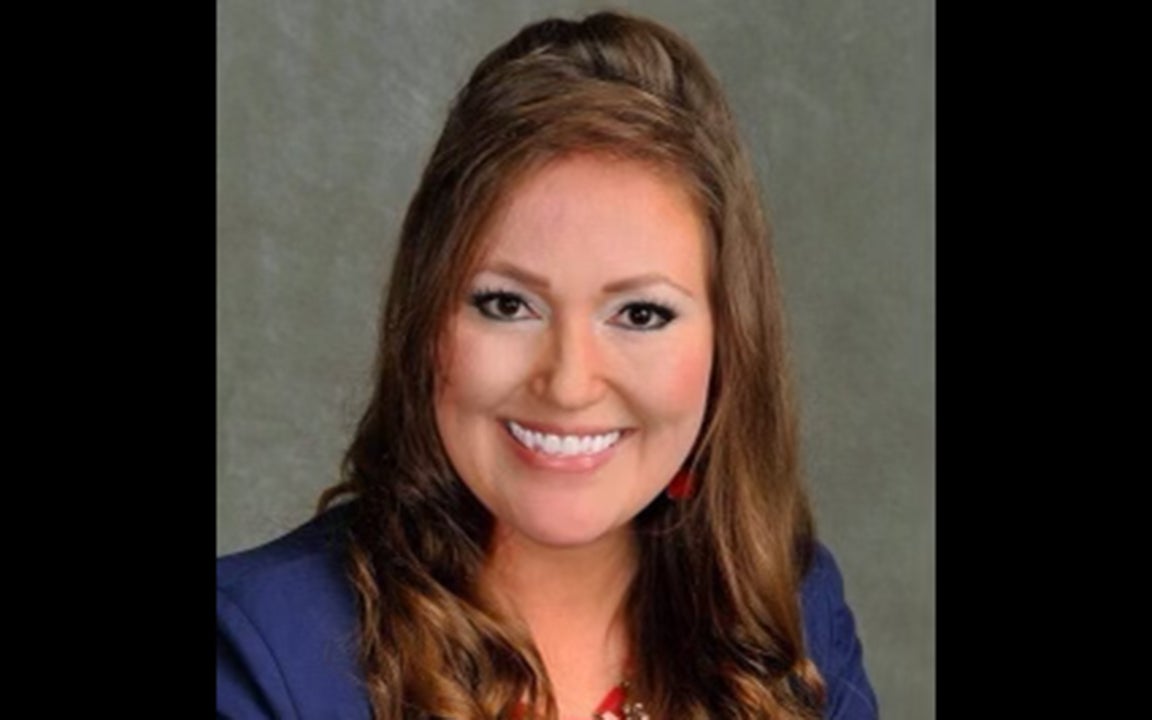Unique ways to stay close to family during distant times
Published 5:06 am Thursday, November 5, 2020

- Kelli Harmon
|
Getting your Trinity Audio player ready...
|
By Kelli Harmon, Edward Jones Financial Advisor, Member SIPC
I was raised in a family with sit down dinners and jam-packed holidays. Having moved around the world while I was in the Army, my Mom worked very hard to make sure that my siblings and I remained close . . . no matter where my military service took me. Even though my mother passed away in 2016, all fifteen members of my family get together 3-4 times a year, packed into one house, and enjoy family time as we vacation. Staying connected during these difficult times is more important than ever as we maintain social distancing and take precaution to keep our parents and grandparents safe. These actions, meant to keep our loved ones safe, have also left many of us feeling alone.
Whether you moved here for the beautiful beaches or the more relaxed way of life, there are few places that serve as a more wonderful retirement destination than our beloved OBX. Though we’re lucky enough to call the OBX home, too often that blessing comes with the curse of being away from family. While we have a lot of fun facilities designed specifically for helping our retirees stay active and engaged, such as the Baum Center in KDH and the Dare Center in Manteo, staying close to family can be hard when they live so far away.
One way that can help to stimulate new conversations with children and grandchildren is to help them get ready for their future. Do you know that you can start an account for someone you love? Whether you’re the parent or grandparent of a school, helping your family prepare for education or retirement expenses is a great way to stay engaged while you can’t be together in person. Of course, you’ll need to get theirs or their guardian’s permission first. When the account is being opened, you get to talk to them about what their goal is for the money and what kind of investments they would like to do. Once the account is open, you can talk about how it has been performing, any changes you all are considering, and what you’ve learned during reviews with your financial advisor. It reminds them that you’re a team on the road of life.
Now that we’ve covered how it helps you to stay in touch with your family, let’s focus on one of the account options available. There are account options for adult children, but in the interest of time we’ll stick to custodial accounts for now. Anyone – at any age – can be the beneficiary of a 529 plan. The account owner, not the beneficiary, controls the account and makes all the investment decisions. And if the beneficiary decides not to attend college, the owner can generally change the beneficiary to another eligible family member. Grandmas, grandpas, family friends, parents . . . anyone can contribute to a 529 plan, regardless of income. We even have little postcards with cupcakes or a graduation cap that we print so you’re able to mail them out to family letting them know about the account.
The 529’s earnings accumulate tax-free, and withdrawals are federally income tax-free and penalty-free as long as they are used for qualified education expenses. Some examples of qualified post-secondary education expenses include tuition and fees, books, required school supplies, room and board – if the student is considered at least a half-time student (including off-campus housing – the equivalent of what it costs to live on campus), computers and related equipment (such as printers), and internet access. 529 plan distributions for qualified higher education and tuition expenses are not subject to federal income tax. Effective January 1, 2020 after the passage of the Setting Every Community Up for Retirement Enhancement (SECURE) Act, student debt repayments and registered apprenticeships are now considered a qualified expense for 529 accounts. States may vary in the treatment of these expenses.
If the thought of putting money into a college account worries you since withdrawals used for expenses other than qualified education expenses may be subject to federal and state taxes, plus a 10% penalty on the earnings portion of the distribution, there are non-education options available for minors as well. Your unique situation creates a unique opportunity just for you and your family . . . make the most of it by reaching out to your financial partner to get started. Since I’m a Financial Advisor, but maybe not yours, this content should not be depended upon for other than broadly informational purposes and please consult your tax advisor about your situation. Edward Jones, its financial advisors and employees cannot provide tax or legal advice.
READ ABOUT MORE NEWS AND EVENTS HERE.
ALSO OF INTEREST:





